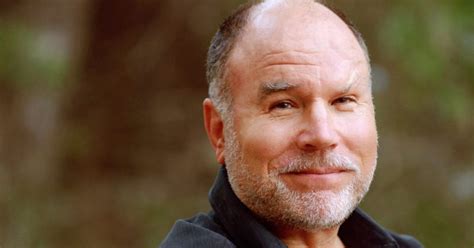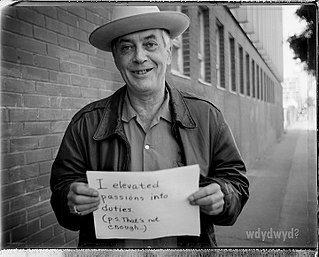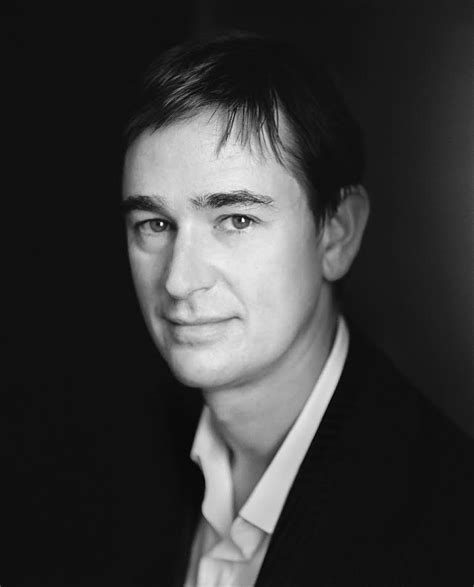A Quote by Guy Finley
Real prayer, the soul-transformi ng kind, is self-discontinu ity. It is a conscious act of self-suspension arising from the wish for something new to occur.
Related Quotes
The Shadow is a moral problem that challenges the whole ego-personality, for no one can become conscious of the shadow without considerable moral effort. To become conscious of it involves recognizing the dark aspects of the personality as present and real. This act is the essential condition for any kind of self-knowledge, and it therefore, as a rule, meets with considerable resistance. Indeed, self-knowledge as a psychotherapuetic measure frequently requires much painstaking work extending over a long period of time.
Dysfunctions can occur in each of the self-regulatory subfunctions-in how personal experiences are self-monitored and cognitively processed, in the evaluative self-standards that are adopted, and in the evaluative self-reactions to one's own behavior.. Problems at any one of these points can create self-dissatisfactions and dejection. dysfunctions in all aspects of the self system are most apt to produce the most chronic self-disparagement and despondency
Prayer is intended to increase the devotion of the individual, but if the individual himself prays he requires no formula; he pours himself forth much more naturally in self-chosen and connected thoughts before God, and scarcely requires words at all. Real inward devotion knows no prayer but that arising from the depths of its own feelings.
What is the most fascinating kind of self-deception to me, and a kind that isn't necessarily unhealthy, is what Friedrich Nietzsche called "strategic self-deception." The kind of self-deception that you can engage in with your eyes wide open. You do it because you say, "There's things that I couldn't accomplish without this kind of self-deception."
Self-knowledge is not the knowledge of a dead self, self-knowledge is the knowledge of the process of the self. It is an alive phenomenon. The self is not a thing, it is an event, it is a process. Never think in terms of things, the self is not there inside you just like a thing waiting in your room. The self is a process: changing, moving, arriving at new altitudes, moving into new planes, going deeper into new depths. Each moment much work is going on and the only way to encounter this self is to encounter it in relationship.





































